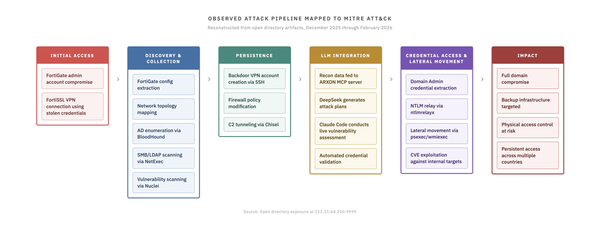Cyberattack on a critical third-party vendor could expose top banks' customer data
An insider shared internal CrowdStrike screenshots on Telegram, Hackers stole Salesforce-stored data from 200+ companies, DOGE has purportedly disbanded, Harvard is the latest Ivy to get hacked, AI models can sabotage coding projects, Singapore raids scam-connected firm, much more





